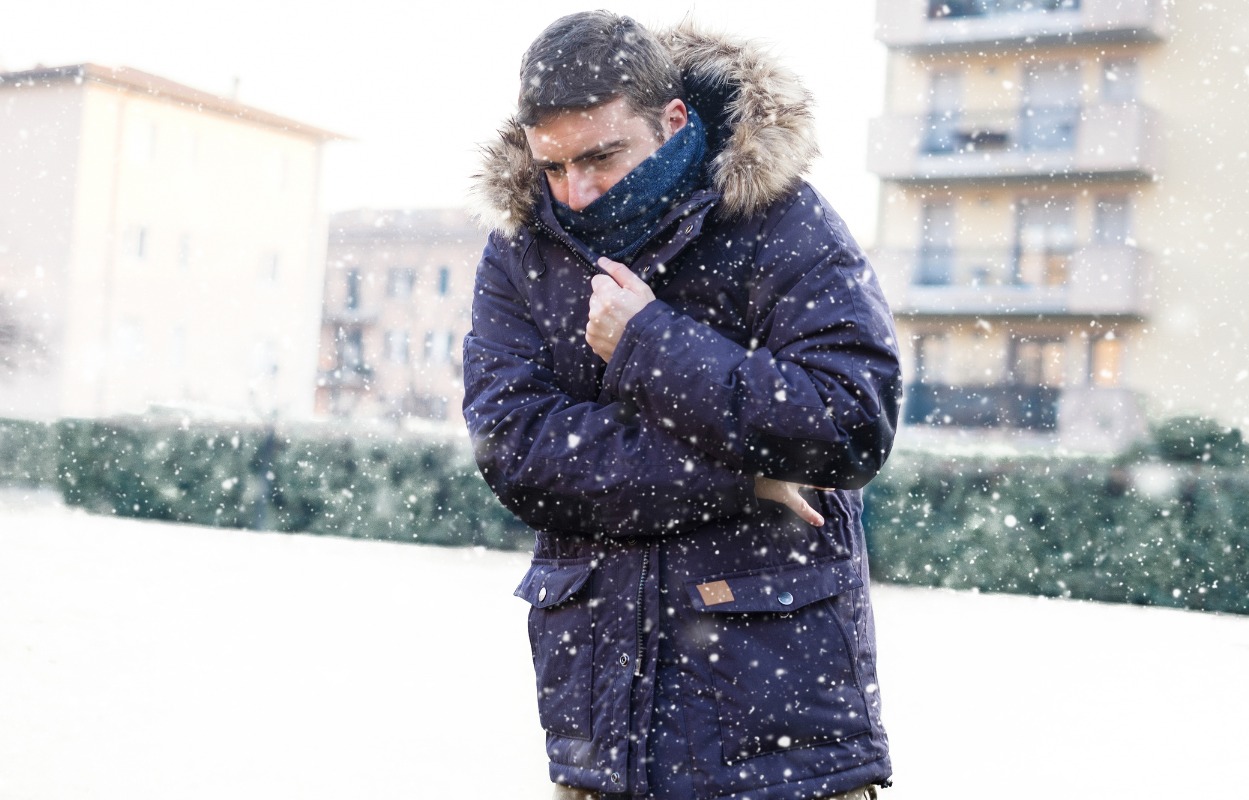You’ve probably heard someone say that their joint pain worsens in the cold weather. There might actually be some truth to that. In fact, it’s not just cold days that have been linked to joint pain, but humid and windy ones too.
The Aches & Pains of Winter
If you experience worsening pain in the cold season, you are not alone. In fact, those who have endured previous injuries, live with osteoarthritis or rheumatoid arthritis, or have migraines or neuropathic pain are 20% more likely to experience cold weather joint pain. In a study of 200 rheumatology patients, 74% experienced weather sensitivity.
Another study, called Cloudy with a Chance of Pain, determined that the most important factor in pain levels was humidity, followed by wind speed. There were significant relationships between pain and humidity, barometric pressure, and wind speed, even when controlling for mood and physical activity. Higher humidity, lower pressure, and stronger winds lead to more pain.
Why Do Joints Hurt in Cold Weather?
There are several factors that contribute to this phenomenon. Before it even gets cold, barometric pressure changes. The weight of the atmosphere decreases which causes your tissues to slightly expand. As the temperature gets low, the synovial fluid that lubricates the joints thickens, leading to more stiffness.
If you suffered a prior injury, cold weather can make the nerves hypersensitive due to scarring, inflammation, or adhesions. In addition, people tend to move and exercise less in the cold weather, and long periods of inactivity are detrimental to joint health.
Some researchers hypothesized that mood acts as a mediating factor, in that weather influences mood and mood can influence pain. However, the relationship between weather and joint pain stood even when accounting for mood, ruling out this explanation.
Can Anything Help My Winter Pain?
While it may seem out of your control, there are things you can do to ease the weather’s effect on your pain. Make sure you stay warm when going outside, especially the feet and chest. Heat your home and/or use heated blankets.
If you experience joint swelling or stiffness, wearing compression braces can help keep fluid buildup out (wear well-fitting gloves if it affects your hands). Make sure to stretch every day; inactivity is the worst thing you can do in this situation.
Last but not least, don’t let the cold weather get you down! Don’t let the bad weather dampen your mood, as this will only exacerbate your perception of the pain. Stay engaged and take care of your body. Springtime will be just around the corner.




